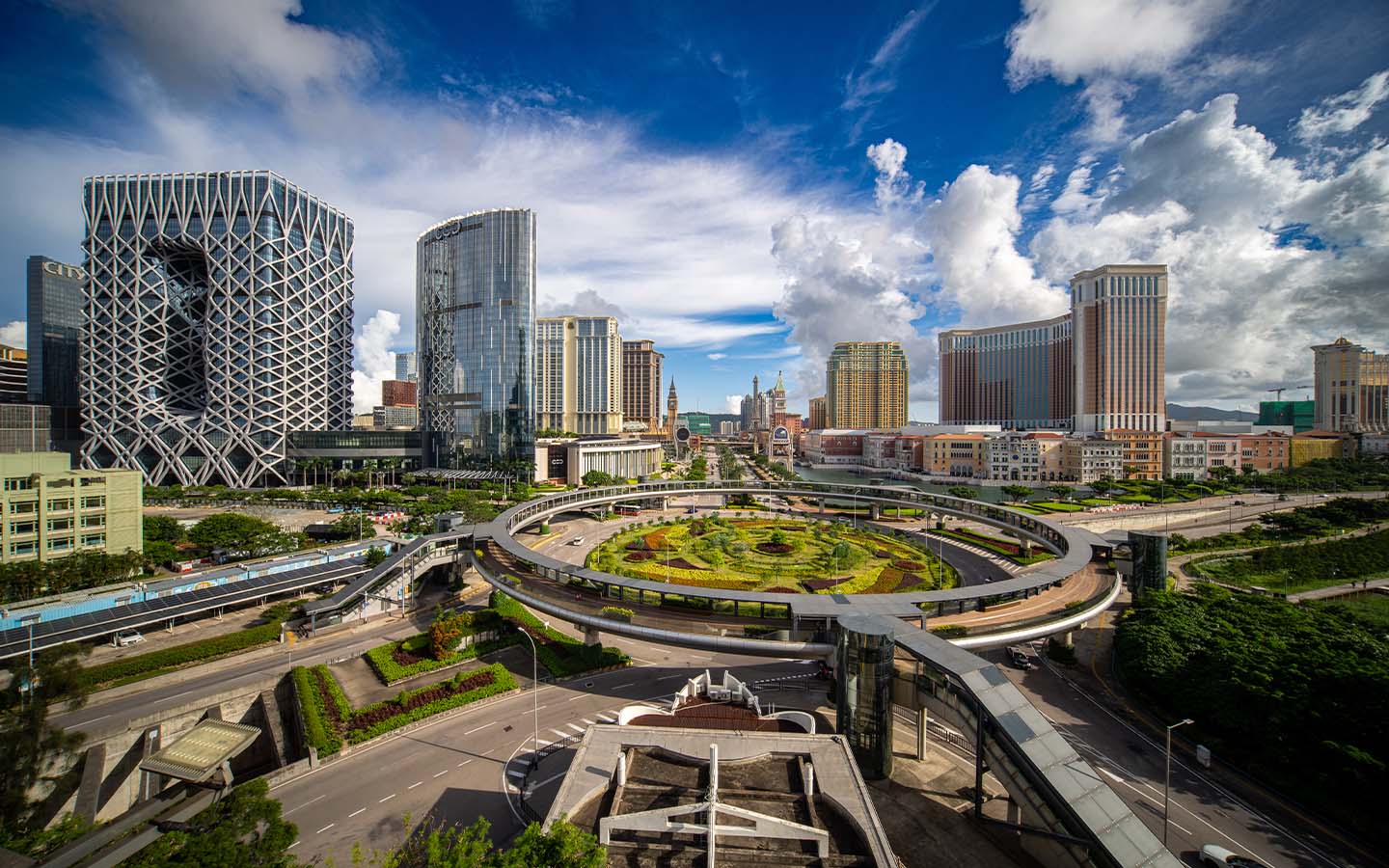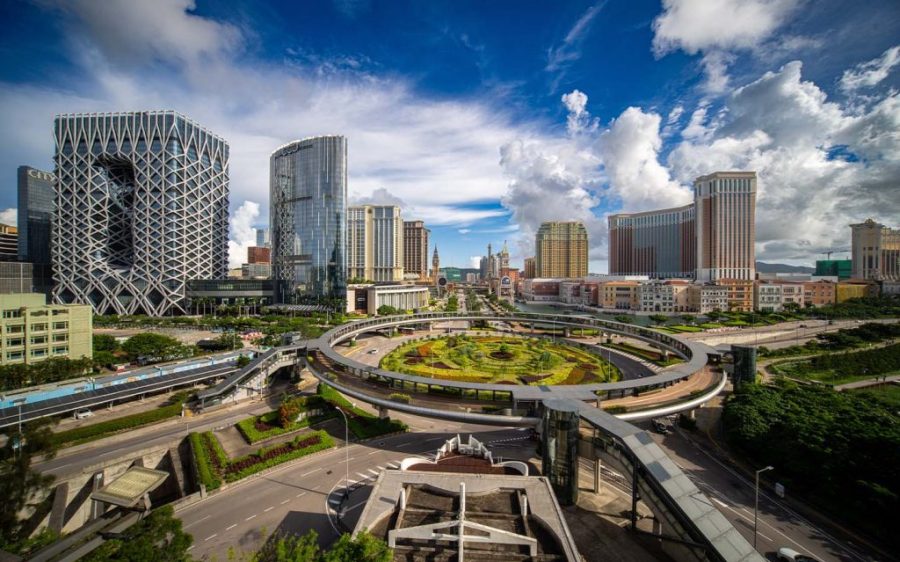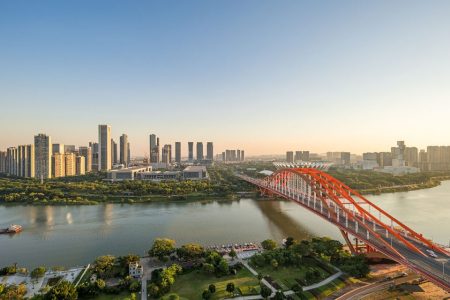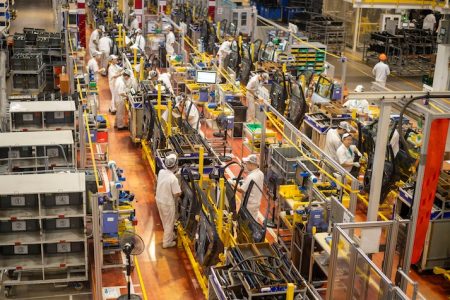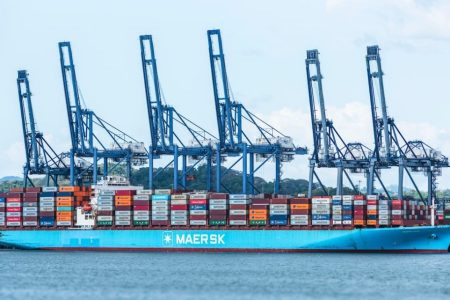Macao has long been Asia’s premier destination for gambling, although competition in the region is intensifying, especially with neighbouring areas such as Thailand and Singapore that are looking to get a slice of the casino market. Faced with stiff competition, the SAR needs a more comprehensive plan and specific goals, said Niall Murray, the chairman of Murray International, a firm that offers training and consulting services to casino-resorts and other hospitality businesses.
The casino expert was presenting his views at a breakfast talk this morning organised by France Macau Chamber of Commerce (FMCC) at Sofitel Macau. During his talk, Murray said casino operators in the city were being given innumerable tasks as part of their 10 year concessions, including boosting non-gaming investment and revitalising older districts. However, he pointed out that “there’s no clear roadmap to the finish line,” leading to “a lot of confusion and the greyness in the economy right now.”
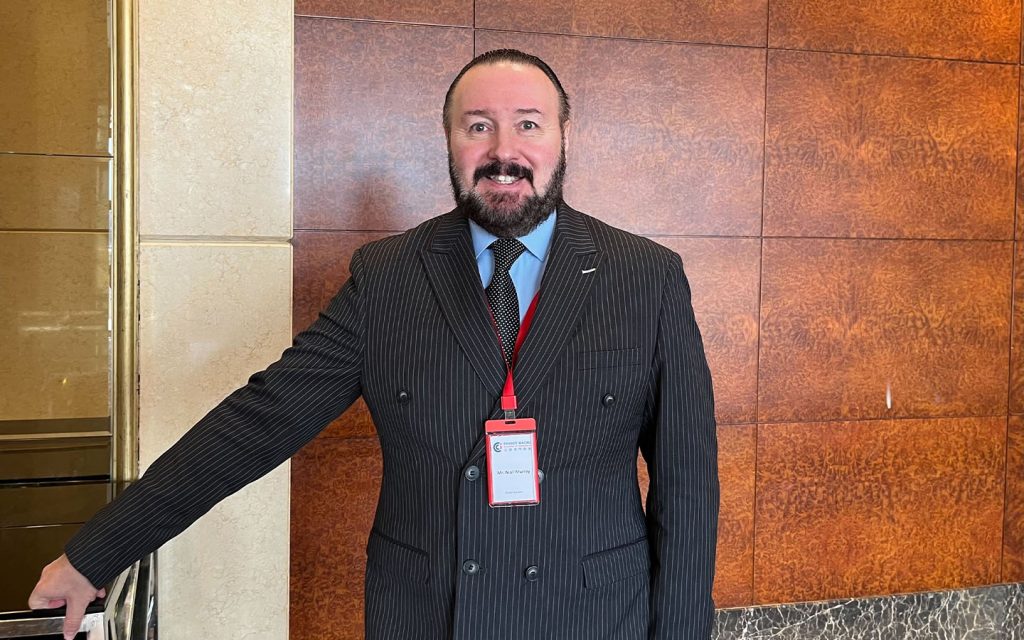
He cited, as an example, the recent controversy involving the pedestrianisation of Rua da Felicidade, where local businesses have suffered from the lack of vehicular traffic. Murray said the problem stemmed from the fact that casino operators only consulted with the authorities, leaving small and medium sized enterprises and the community out of the equation.
In comparison, he described Macao’s competitors as running circles around the city. The expert praised Singapore for having detailed plans that involve both public and private collaboration. Despite having only two casino-resorts, Murray noted the city-state was “very competitive,” with the operators “almost doubling up on the money they invested back at the beginning.”
He noted that Singapore “doesn’t rest on its laurels,” as evidenced by projects such as Marina Bay Sands Expansion and Resort World Sentosa 2.0, which are due for completion in 2029 and before 2031 respectively. As well, the country is boosting its transport capabilities through the Changi Airport Terminal 5 expansion to allow for even more visitors.
[See more: MGTO boss stresses Macao’s diversification from gambling in Bloomberg TV interview]
With respect to the Philippines, the expert singled out the Alliance Global Group whose new executive team was engaging in a slew of casino and tourism expansions. Murray said that in comparison, Macao was “so busy following the code to survive that [it’s] forgetting to be innovative and move forward.”
Another potential key player in the future is Thailand, whose current prime minister, Paetongtarn Shinawatra, has put the new casino legislation law “at the top of her agenda.” According to Murray, “it may pass as early as 2025 and the first [casino] may open by 2029.” Thailand’s proposed law has attracted all the major players in the casino industry and with good reason: the country is proposing gaming licences that are valid for 30 years, with the base tax rate set at 17 percent. By comparison, Macao requires the concessionaires to pay tax that is equivalent to 40 percent of their gross gaming revenue (GGR).
Previous FMCC presentations have also delved into the topic of Macao’s economic diversification and the regional competitors that the city faces, especially in the context of Japan and the post-pandemic challenges faced by local IR operators. The next FMCC talk is scheduled to take place on 30 October.
